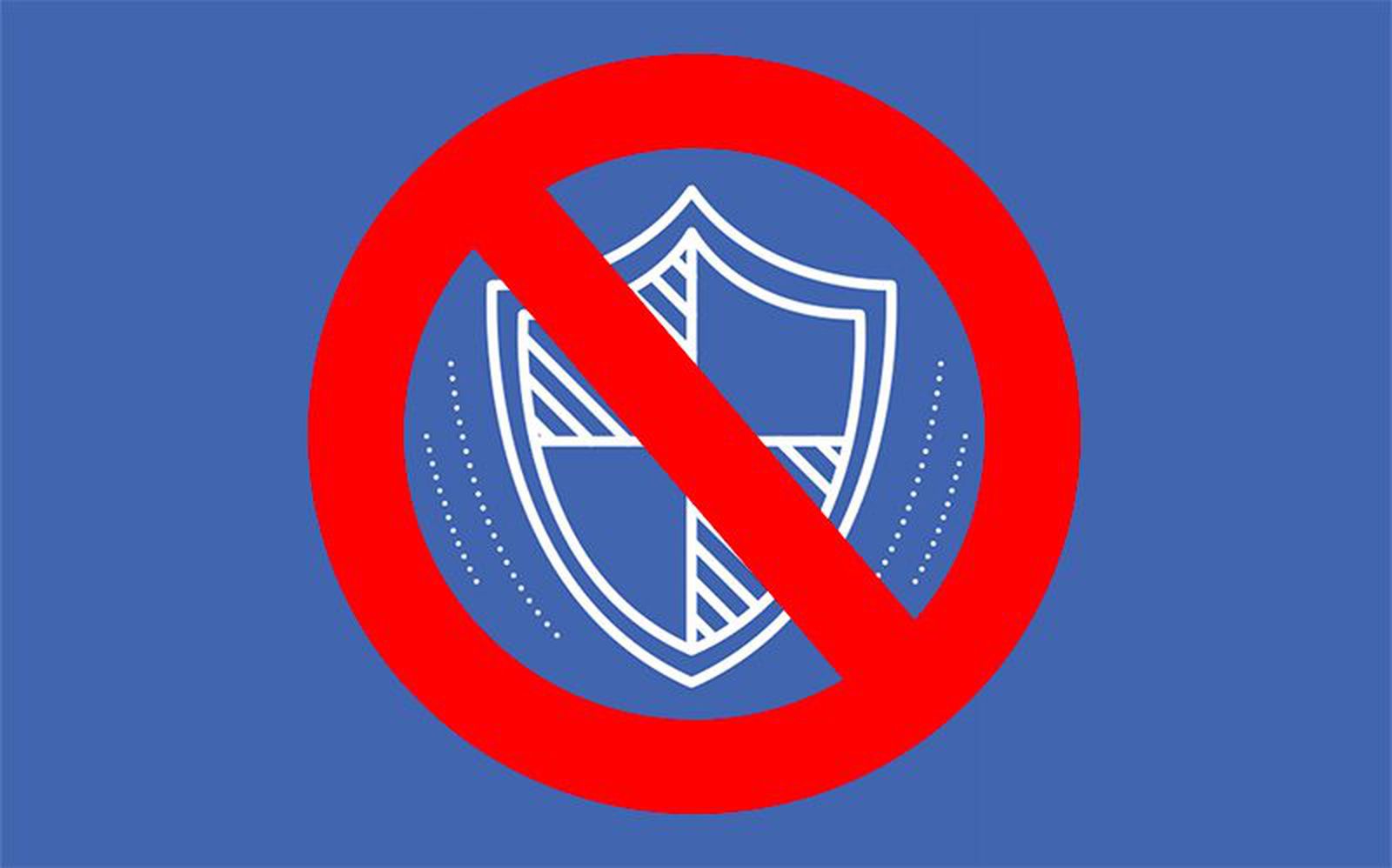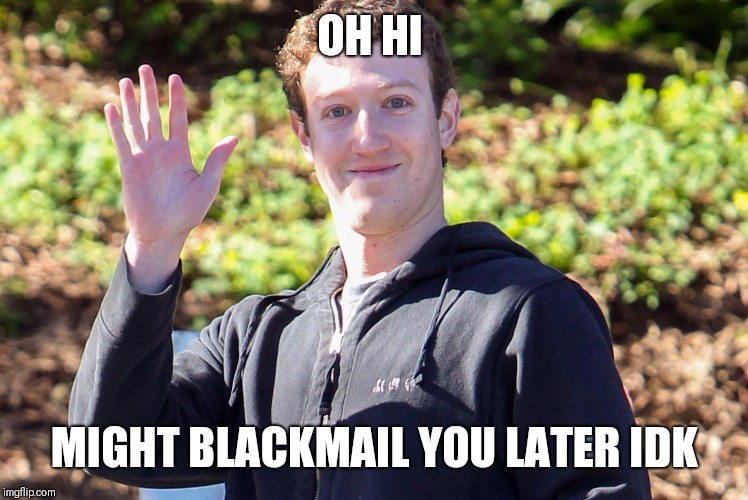CyberPanda
Banned
Facebook's executive team, including Mark Zuckerberg, used the data of Facebook users as leverage over partner companies, according to leaked emails, webchats, presentations, spreadsheets, and more obtained by NBC News.
More than 4,000 pages of leaked documents from 2011 to 2015 provide insight into how Facebook was taking advantage of user data while publicly promising to protect user privacy before and after its 2015 move to end broad access to user data.
The documents were sent to NBC News by British journalist Duncan Campbell and originated from a 2015 lawsuit filed against Facebook by startup Six4Three after Facebook cut back on third-party data access. Six4Three had an app called Pikinis that let users find photos of their friends in swimsuits that was not able to function after Facebook's data changes.
Facebook has claimed that it limited data access to protect user privacy and to keep its users safe from companies that mishandled data, but internally, privacy was not the concern Facebook was addressing when making the move. Instead, the documents suggest Facebook ended access to user data to give it more power over third-party apps and partner companies.
However, among the documents leaked, there's very little evidence that privacy was a major concern of Facebook's, and the issue was rarely discussed in the thousands of pages of emails and meeting summaries. Where privacy is mentioned, it is often in the context of how Facebook can use it as a public relations strategy to soften the blow of the sweeping changes to developers' access to user data. The documents include several examples suggesting that these changes were designed to cement Facebook's power in the marketplace, not to protect users.
Companies favored by Facebook were given access to the data of Facebook users through exclusive deals struck before the data changes, while rival companies or apps were denied access. Amazon, for example, was provided with "extended access" to Facebook user data because of its spending on Facebook advertising and its Fire phone partnership, while data was restricted from other apps.
Facebook believed app developers were getting more value from Facebook user data than Facebook was getting from app developers, a factor that led Facebook to limit access to user data and consider other monetization tactics.
According to NBC News and previously leaked documents, Facebook mulled ways for third-party apps to provide monetary compensation for user data, ranging from direct payment to advertising spending and data sharing setups, but ultimately decided on providing access to app developers who were "personal friends" of Zuckerberg or who spent money on Facebook and shared their own data.
Facebook has previously confirmed that it considered charging companies for access to user data, but has downplayed the discussions as a mere consideration of different business models. Approximately 400 pages of the 4,000 that NBC News obtained have been leaked previously, and Facebook has called these past documents "cherry-picked" and "misleading."
NBC News says that the new documents suggest charging for user data was more than a cursory exploration of different business models, as Facebook discussed plans to sell user data for years. Senior executives, including Zuckerberg, COO Sheryl Sandberg, and CPO Chris Cox were in favor of selling data.
In emails to one of his friends in 2012, Zuckerberg explained that without limiting access to Facebook data, Facebook wouldn't have "any way to get developers to pay [Facebook] at all." He also said that he didn't feel that data leaks were a risk factor.
"I'm generally skeptical that there is as much data leak strategic risk as you think," he wrote in the email to Lessin. "I think we leak info to developers but I just can't think of any instances where that data has leaked from developer to developer and caused a real issue for us."
Facebook considered 100 deals with app developers to figure out the "real market value" of Facebook user data to learn "what developers would actually pay."
Zuckerberg ultimately decided not to charge outright for data access, but before implementing the sweeping changes in 2015, he explained in 2012 that access to Facebook data should be contingent on developers sharing "social content" generated by their apps back to Facebook and paying for advertising.
According to NBC News, the newly leaked documents could further an antitrust case against Facebook by establishing the value that Facebook placed on user data.
But if regulators can show that users were paying for access to Facebook with their personal data, and that Facebook valued that data as leverage against competitors, that could expose Facebook to an antitrust complaint, said Jason Kint, CEO of Digital Content Next, a trade association representing digital publishers.
"These emails clearly establish the value of consumer data to Facebook," Kint said. "It shows that it is not free."
The full exploration into Facebook's data sharing practices and additional details gleaned from the leaked documents can be read over at NBC News and is well worth checking out for anyone interested in Facebook's motivations.

Facebook CEO Mark Zuckerberg Leveraged User Data to Help Friends and Punish Rivals
Facebook's executive team, including Mark Zuckerberg, used the data of Facebook users as leverage over partner companies, according to leaked...



